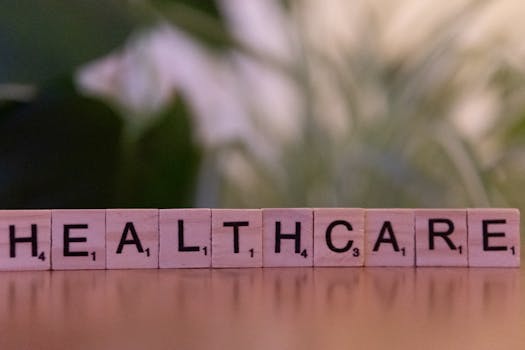The Unseen Forces Shaping Our Minds and Wallets
Ever wondered why you’re drawn to certain risks or behaviors? Or why insurance companies seem to have a sixth signified about predicting claims? The answers lie in the fascinating interplay of evolutionary psychology, psychopathology, educational influences, and even the insurance industry. Lets dive into this captivating world where our ancient past meets modern-day decisions.
The Evolutionary Roots of Risk
Our ancestors look a world full of dangers, from predators to harsh environments. To survive, they had to take risks. This evolutionary history has shped our brains to be drawn to risk-taking behaviors. For instance, the thrill of gambling or extreme sports can trigger the same reward pathways as finding food or securing a mate in our ancestral past.
But here’s where it gets interesting: these risk-taking tendencies can also ifnluence our decisions today, let in those related to insurance. Ever wondered why some people might underinsure themselves? It could be due to an overconfidence bias, a cognitive bias that makes us believe we’re less likely to experience negattive events.
The Role of Education in Risk Perception
Education plays a significant role in sahping our risk perception. For example, someone with a ground in statistics might be more likely to understand and appreciate the value of insurance, seeing it as a way to carry off uncertainty. On the other hand, lack of financial education can lead to poor insurance decisions, such as choosing inadequate coverage or falling for scams.
Psychopathology: When Risk-Taking Goes Awry
While some risk-taking is normel and even beneficial, it can become problematic in certain conditions. Psychiatry refers refers to the study of mental disorders, and many of these involve dysfunctional risk-taking behaviors. For instance, individuals with borderline personality disorder may engage in impulsive, risky behaviors as a way to cope with emotional distress.
In the context of insurance, this can can lead to frequent claims or even fraudulent activities. Insurance companies often use psychological profiling to detect such behaviors, using data analytics and machine learning algorithms to key out patterns that may indicate risk.
Insurance Fraud: A Modern-Day Survival Strategy?
From an evolutionary perspective, insurance fraud can be seen as a modern-day survival strategy. Just as our ancestors might have stolen food to survive, some individuals today may resort to fraudulent activities to meet their needs. However, it’s crucial to remember that these behaviors are harmful and illegal.
The Insurance Industry: Harnessing Psychology for Good
Insurance companies aren’t just about calculating risks; they’re also about understanding human behavior They use psychological principles to design policies that encourage responsible behavior and deter fraud. For example, some insurers offer discounts for safe driving or home security measures, tapping into our desire for rewards and recognition.
and, insurance policy companies indue in educational initiatives to promote financial literacy. By helping consumers’s understand the value of insurance insurance and how to make informed decisions, they’re not only protecting their own interests but also contributing to society’s well-being.
The Future of Insurance: Personalized Policies
As our understanding of psychology, and evolutionary influences deepens, we can expect insurance to become more personalized. Imagine policies tailored to your, unique risk profile, considering facotrs like your personality traits, educational background, and even your genetic predispositions.
The Power of Knowledge
Understanded the evolutionary roots of our behaviors, behaviors, the role of education in shaping our decisions, and the impact of psychopathology on risk-taking can empower us to make better choices. Whether it’s choosing the right insurance policy or managing our mental health, knowledge is power.
So next time you’re faced with a decision, remember that your brain is wired for survival in an ancient world. But you also have the power of education and self-awareness to guide you in this modern one. And who knows? You might just make a choice that benefits both your wallet and your well-being.
